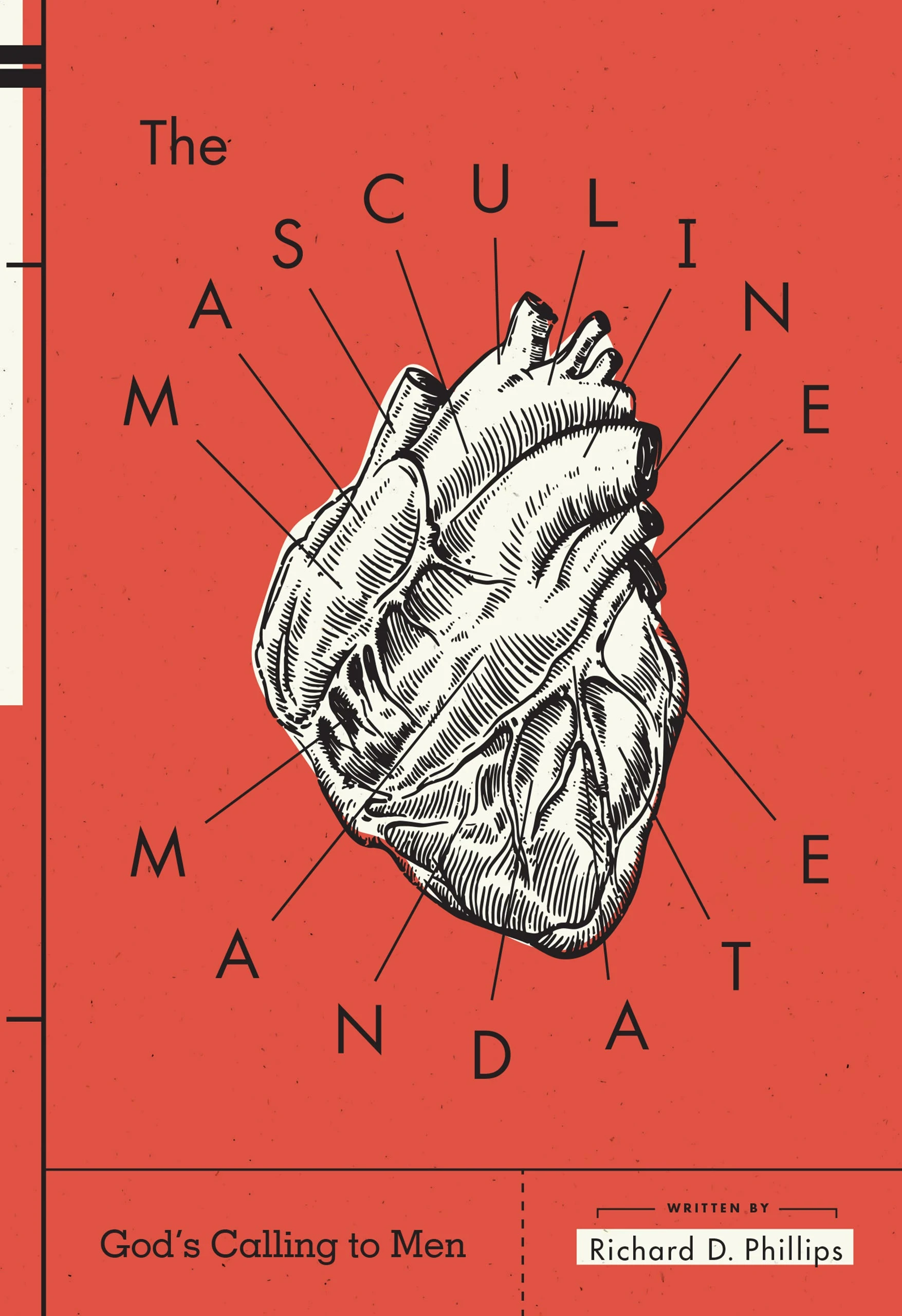The Right Work
Worldly people assess the value of a job by the amount of money it pays or the prestige it offers. Surely, Christians will think differently. Our concerns should be:
- Does this work glorify God?
- Does it benefit my fellow man?
- Do I consider myself called to this work, or can I at least do it well and find enjoyment in that?
- Does it provide for material needs?
- Does it permit me to lead a godly and balanced life?
Glorify God
The Lord made us and redeemed us that we might bear His image and serve the cause of His glory. This is why we exist. Because our work is so central to who we are, we must ask whether it opposes this purpose by bringing us into associations or activities that are sinful. Do my job requirements cause me to compromise truly biblical standards of behavior? A negative example would be a sales job that involves deception or a management position that requires employee abuse. A good question is, “Would I be embarrassed for my pastor to visit my workplace?”
The Bible says, “You shall love the Lord your God with all your heart and with all your soul and with all your might” (Deut. 6:5). So we should ask, “Does my work honor God through integrity and decency?”
Serve Others
Christians also should seek to earn their living by making or doing something that benefits other people. To the Old Testament command to love God, Jesus added, “You shall love your neighbor as yourself ” (Matt. 22:39). With this in mind, I do not see how Christians can make their living doing work that provides no real benefit to other people. Modern-day snake-oil salesmen, hawking products they know are either worthless or vastly overpriced, are one example. Another would be a day-trader on the stock market who devotes all his energies to buying and selling his own holdings for personal gain with no intention of using the profits to help others. (This is very different from stock brokers, who use their expertise to manage other peoples’ money skillfully.)
There are so many ways we can use our gifts and abilities to benefit oth- ers. Surely, as Christians, we can find something to do that will benefit other people while honoring God, even if in the end we make a smaller income. As Jesus bluntly put it: “You cannot serve God and money” (Matt. 6:24).
Calling and Enjoyment
The apostles were specially called by Jesus to serve him, and they knew it. Paul described himself this way: “Paul, a servant of Christ Jesus, called to be an apostle, set apart for the gospel of God” (Rom. 1:1; see also Acts 9:15). Ministers of the gospel should have this sense of special calling to their work. Pastors and missionaries should find in their work a sense of divine appoint- ment—drawn from both inward motivation and spiritual equipping—that is confirmed by the church.
People in other professions can certainly feel a similar sense of being “right” for a specific position or type of career. This is often true of those who serve others in very direct ways—doctors and nurses, firefighters, and police officers, for example. Yet this pronounced sense of call is obviously not universal. So if, as a Christian, your non-ministerial job or career does not seem to come with a tangible “seal of approval,” it is not necessarily cause for concern. For you the question may simply be, “When I do this job well, is it satisfying?” A positive answer to that question is a good indication that what you do meets the mandate of Genesis 2.
Material Needs
If you find yourself in a job in which you are consistently unable to satisfy basic material needs—for yourself as a single man or as head of your household—with enough left over to save some and tithe to your church, you need to ask yourself two questions. First, Am I striving for a lifestyle that is unrealistic in light of my income-producing potential? If you are not overreaching in this area and not giving in to the powerful and often deluding temptations of materialism, then the second question becomes very significant. Why am I so obviously underemployed, and what do I need to do about it?
Godly and Balanced Life
If some men are underemployed, others are what might be called overemployed. These are men who find themselves so wrapped up in their jobs that their lives are regularly out of balance. As I said earlier, we should all expect from time to time to have to work long hours or take some business trips. But God never expects us to go for extended periods so consumed by work that we are forced to neglect family, friends, church life, or regular time with God.


